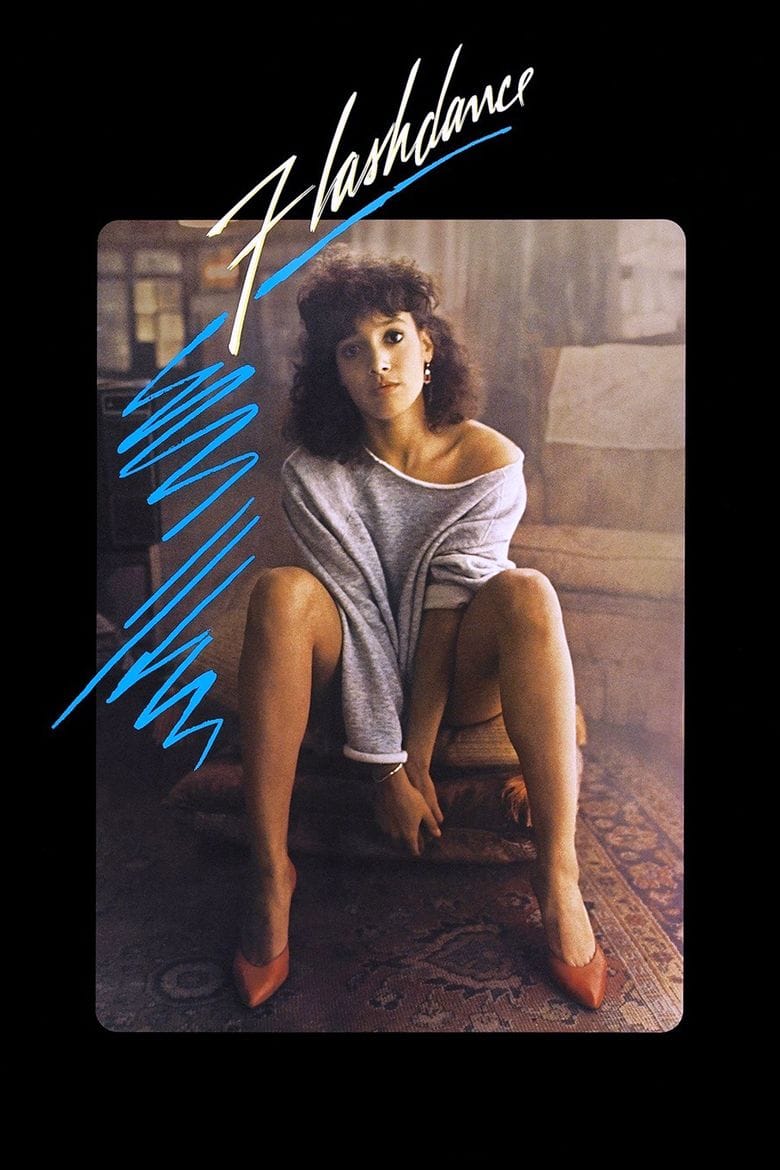The Soft Labor Questionnaire: Paul Chan
Welcome to Soft Labor, the namesake publication of Soft Labor, a strategic consultancy for organizations, designers, and the culture industry led by Sarah Hromack-Chan. Soft Labor is a publication about creative labor—what it is, what it looks like, and how it has and will continue to change. Did someone forward you this publication? Subscribe, read our archives, or email us at info@softlabor.biz.
The Soft Labor Questionnaire, is simply that: A brief series of questions we’ve asked comrades in the field to answer about their own working experiences. Would you like to respond to the Soft Labor Questionnaire? Go right ahead and do so.
Today's respondent is Paul Chan. Paul is an artist who lives in New York. His work has been collected by the Museum of Modern Art (MoMA), the Whitney Museum of American Art, the Guggenheim, Tate Modern, the Walker Art Center, and the Centre Pompidou, among others. Chan’s writings have appeared in Frieze, October, Texte Zur Kunst, the Los Angeles Review of Books, Evergreen Review, 4 Columns, and other magazines and journals. He was named a MacArthur Foundation Fellow in 2022.
Tell us about the first job you ever did for money.
Technically, my first paying job was as a paperboy in Omaha, Nebraska. But I was never paid for the one day of work I did, because I was fired the next day.
Is your current work related to what you studied in school? If so, how? Or, how not?
I got my BFA at the School of the Art Institute of Chicago in 1996, and an MFA at Bard College in 2002. So I would say that my education has had a direct relationship to my current work.
What cultural touchpoint—music, art, literature, etc.—has informed your practice the most? How?
It is hard to know what cultural touchpoint has informed my so-called practice most. In a sense, there has been so many. It may be easier to pinpoint what has informed my work most recently: Flashdance (1983). I've begun to weld. I wanted to complement the lightness and immateriality of how the Breathers exist with elements that are heavier, more grounded, so to speak. And I became curious about how welding has been portrayed culturally, even conceptually. So I watched recently, for the first time, the movie Flashdance. It's about a woman named Alex who is a welder by day, and an exotic dancer by night. She has dreams of becoming a ballet dancer. She struggles with issues of self-esteem, and lack the kinds of class resources that would allow her access into the exclusive world of ballet. She falls in love with her boss at the construction company where she works. Is it a good movie? I don't know. But I can definitively say: it isn't really about welding. On the other hand, I did learn not to employ the "stabbing" technique Alex was using to do stick-welding in scenes. It does not look safe.

What is the most rewarding aspect of working in your industry? The most challenging?
I have found a life in art that is as surprising and adventurous as the kind of life I imagined was worthy of living. If art is the substance, and the truth is the capacity to grasp substance as subject, then it naturally follows that the subject will change—and find its flourishing—in the onrush of exposure to what is substantive, moment by moment. This is, I suppose, why what tends to be the most rewarding is also the most challenging.
Has AI impacted your work? How?
Yes. I have been in the machine intelligence space since 2019. So it has influenced me insofar as I've been doing it: coding, making my own LLMs and vector databases, writing my own peculiar algorithms inspired by poets and philosophers, deploy math against the grain, and so on.
What advice would you give to someone starting a career in your industry?
I would not give any advice. I would simply try to support what they do and encourage them to keep going. Nothing I know is worth learning.
What are you obsessed with that has little-to-nothing to do with "work"?
Gottfried Wilhelm Leibniz, now and forever.
